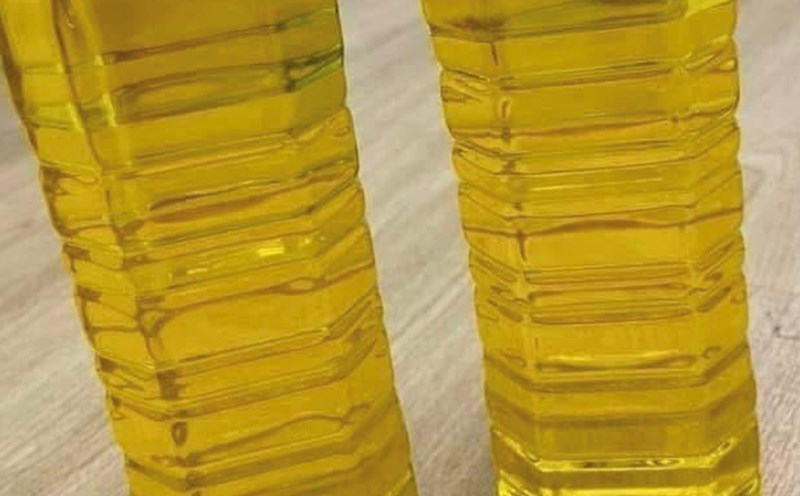According to the US Department of Agriculture's nutritional database, 100g of fresh mushrooms contain about 318mg of potassium, an essential mineral for electrolyte balance, maintaining stable blood pressure and promoting detoxification through the urine.
Potassium is especially necessary for the liver because it participates in the activity of enzymes that help break down toxins, metabolize ammonia, Ureas and byproducts from processed foods, alcohol, and drugs.
According to the World Health Organization (WHO), maintaining adequate potassium levels in your daily diet helps reduce the risk of non-alcoholic fatty liver disease (NAFLD) and enhances the excretion function of the liver and kidneys.
One of the major risks for the liver is oxidative stress - an imbalance between free radicals and the body's ability to fight oxidation.
Mushrooms contain many phenolic compounds, flavonoids and especially glutathione, the most powerful antioxidant in liver cells.
Glutathione helps neutralize free radicals generated from alcohol, western medicine, environmental pollution, and is directly involved in the phase II detoxification process in the liver, helping to break down toxins into forms that are easily eliminated from the body.
Regularly adding mushrooms helps reduce CRP (C-reactive protein) levels, a mark of inflammation in the liver and blood. At the same time, the group using mushrooms also recorded a slight drop in body temperature, a feeling of heat in the body, and fatigue also decreased compared to the control group.
Mushrooms have an extremely low sodium content (~5mg/100g), very suitable for people who need to protect their liver, especially people with chronic liver disease.
Mushrooms are also rich in soluble fiber (beta-glucan), which helps regulate blood sugar, reduce bad cholesterol absorption and aid digestion, thereby reducing the load of endogenous toxins on the liver.
A diet rich in beta-glucan helps improve liver function, reducing ALT and GGT - early signs of liver damage.
Suggestions for using mushrooms properly to nourish the liver and cool down:
Cook soup or stir-fry lightly: Avoid frying at high temperatures that lose antioxidants.
Combine with other liver-cooling foods such as bitter melon, pumpkin, onion, green beans to increase cooling efficiency.
Use 3-4 meals/week, each time 100-150g fresh mushroom fat (or 30-50g soaked dried mushroom).
Avoid eating raw because it can contain enzymes that cause indigestion; you should cook them in moderation to retain nutrients.











